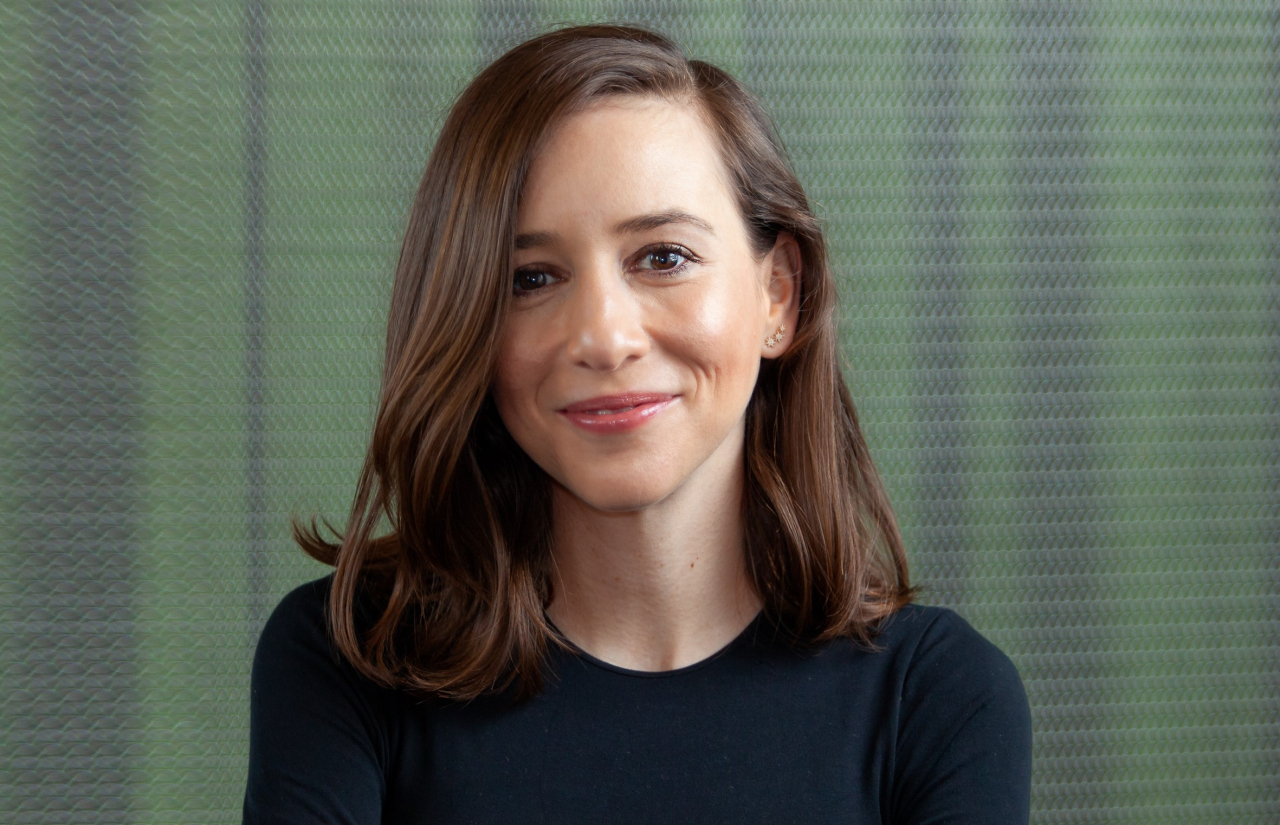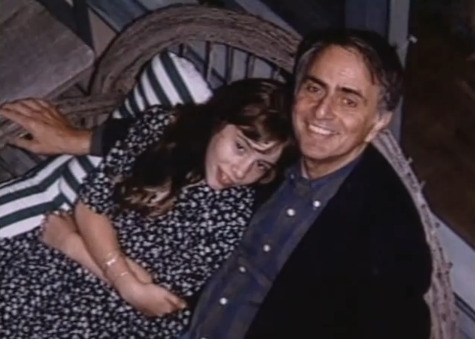 |
Sasha Sagan (Brian Seitz) |
Scientists know much more about the cosmos now than a few decades ago. But there are still so many uncertainties and unknowns about the universe.
Sasha Sagan, daughter of the late Carl Sagan, says what the human species has found out about space so far is already satisfying, but the bigger scope of the universe is awe-inspiring.
“It’s amazing. We are part of something that's so much more grand than we ever imagined,” said Sagan in a video interview with The Korea Herald on July 12.
“The cosmos is more astonishing and more profoundly beautiful than our imaginations. … I want to believe that it is possible for small curious creatures on the outskirts of a great galaxy to get a glimpse of the true magnitude of our place in the vastness.”
Her dad Carl Sagan, one of the most renowned astronomers in history and probably the best-known astronomer of the 20th century, narrated and co-wrote the Emmy-winning 1980 TV series "Cosmos: A Personal Voyage" with his wife Ann Druyan. The show has been watched by over 500 million people in 60 countries. He also wrote bestseller "Cosmos" to accompany the series.
“My parents were delighted if I ever asked a question that they didn’t know the answer to. That gave me such a gift because they were willing to say ‘Oh, I don’t know. What a great question,’” she said.
“(They showed) this idea that there’s nothing wrong with not knowing and it’s just a question of how we can pursue finding an answer and tolerate ambiguity for the questions to which you cannot find an answer on Google.”
As advancing technology will naturally allow humanity to find out more about space, Sagan pointed out that some might feel uncomfortable with how small their presence is in the universe, but added there is nothing wrong with feeling tiny.
“As we get a better handle on the vastness, I hope that we allow ourselves to feel some humility about ourselves. It’s amazing that we’ve managed to leave the planet and put someone on the moon. On the other side, as we get a clearer picture, we must become more comfortable with our smallness in nature -- and that’s not a bad thing,” she said.
 |
Sasha Sagan (left) and her dad Carl Sagan (Sasha Sagan) |
In 2019, Sasha Sagan wrote "For Small Creatures Such as We" to explore the sense of wonder and beauty of rituals in the most common occasions in life.
She noted that humanity’s space exploration will help us understand how unique the planet Earth is.
“I think that the deeper we go into space and the more planets and solar systems we see, what it reveals for us is how rare Earth is. There are other planets around the same size and temperatures with all sorts of other parallels that we may find,” said Sagan.
“But there’s no place like home. I hope we realize how precious this planet is. In the long term, we may have to inhabit other planets to survive, but I still have hope that we can make life work here at home.”
She also underlined that as the space race heats up even further -- with private firms now entering the fray -- some level of accountability was needed, because the universe is not something humans can simply use and discard.
“I hope that we all as a species take some responsibility once we are leaving the Earth’s atmosphere. We must think about how our actions may impact what’s out there,” said Sagan.
“I hope we go with a sense of responsibility that not everything we encounter is ours to just dispose of.”
Asked about how South Korea’s recent space frenzy has been mostly led by the potential of the space economy, she emphasized the importance of philosophical perspectives that the cosmos can change for the better of humanity.
“(Space) may be transformative economically, but I hope that it’s transformative philosophically. As we think about our place in the universe, we look back and see how these divisions we put up between groups and borders and these differences that down here on the surface feel so profound, including language, culture and belief systems,” she said.
“But I hope that when we go beyond the surface and see our planet, we realize that those differences are superficial and arbitrary and they are tiny compared to what we share as earthlings.”
Sagan will be coming to Seoul in the fourth quarter of this year to deliver a speech at The Korea Herald’s Humanity In Tech Forum, slated for Oct. 11. During the event, she will also participate in a panel discussion with Yi So-yeon, Korea’s one and only astronaut. Sagan said it will be her first time to visit Korea.







![[Today’s K-pop] Blackpink’s Jennie, Lisa invited to Coachella as solo acts](http://res.heraldm.com/phpwas/restmb_idxmake.php?idx=644&simg=/content/image/2024/11/21/20241121050099_0.jpg)